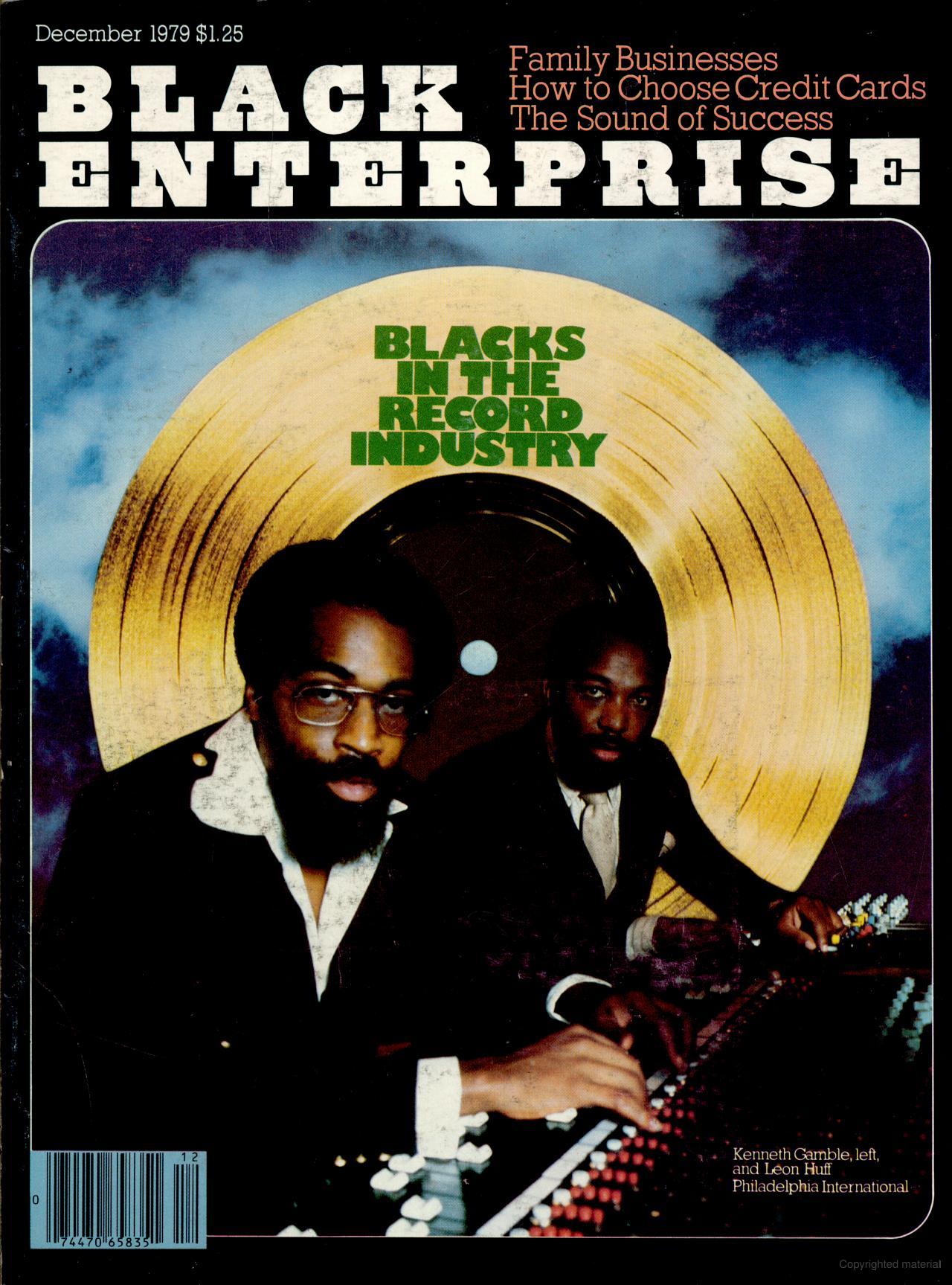
February 10, 2025
Black History Month: Gamble & Huff Introduced Black Music Month To Celebrate And Sell Records
Black Music Month was not initially created to celebrate the artform.
Black Music Month, celebrated every June, was created in 1979 by the legendary Kenny Gamble, of Gamble and Huff, and other collaborators. The month offers Black Americans a chance to celebrate the genius and artistry of their ancestors. It provides an opportunity to attend festivals, workshops, art exhibits, and more, allowing participants to teach and engage.
While the celebration plays an important role in remembering the pioneers of multiple American music genres — jazz, blues, rock and roll, country, rap, and R&B — it does not reflect the initial intent of the month’s creators.
Black Music Association
Co-owner of Philadelphia International Records, Gamble dreamed up the idea of Black Music Month as a member of the Black Music Association. The association was created as a network of radio DJs, promoters, show hosts, artists, and Black executives. The collective’s goal was to position Black artists at the forefront of Black music. While African American music was popular, positioning artists on national platforms was still a difficult feat. The association aimed to change that. Gamble saw the power wielded by the Country Music Association and began to question why Black folks hadn’t adopted the same strategies. Country Music Month is in October. Gamble came up with the name Black Music Month and declared June the opportune time.
Black Is Green
As a businessman and music creative, Gamble wanted to make — and just as importantly, sell — Black music. Working with Cleveland radio DJ Ed Wright and media strategist Dyana Williams, Gamble came up with the slogan “Black Is Green.” The slogan was meant to reinforce “the economics” of Black music.
“With Black Music Month, we came up with a slogan: Black Music is green, which means economics. It’s about money,” the legend said in an interview.
“There was a time when Huff and I were coming up when you couldn’t put an album or single out with Teddy Pendergrass on the cover because record shops and promoters wouldn’t even put him in the window.”
He continued, “Black music was an economic issue. Young people were buying these albums left and right; it wasn’t just singles that Black people were buying.”
Music historian and member of the Black Action Coalition, Naima Chocrane, spoke to the AP about the original intent of the month.
“Black Music Month was originally created to promote, protect, and perpetuate the business of Black music, not just to celebrate Black music,” she said.
Black Networking
The agenda to dig into the monetary gains presented in Black Music led Gamble and his compatriots to tap their network, connecting with some of the most powerful men of the day. The Black godfather, Clarence Avant, was one of the main figures in making Gamble, Wright, and Williams’ movement a reality nationally. Avant, known for his unlikely connections, helped facilitate a meeting with President Jimmy Carter, according to Gamble.
“Clarence Avant knew this guy in Atlanta who knew President Jimmy Carter. He asked Carter if he would entertain Black Music Month at the White House. Carter did it; we all went down there [in 1979]. Huff and I went down there with all of our crew from Philly. I don’t think they ever had that many Black people in the White House. We had all of the Black disc jockeys like Frankie Crocker. We had everybody: Billy Eckstine, Evelyn ‘Champagne’ King performing, and Barry White. It was a great thing to see our people working together. Jimmy Carter was sitting on the grass. It was nice. It was beautiful.”
Since the gathering at the White House in 1979, the month of June has been recognized by the government, yearly, through presidential proclamation. On the surface, the original message “Black is Green” may appear lost, as the events do not center record sales. Yet, the amount of Black commerce generated through Black Music Month initiatives align heavily with the initial purpose. Black bookstores, promoters, venues, record stores, restaurants, live musicians, and a host of other creatives and businesspersons collaborate to celebrate and capitalize.
RELATED CONTENT: Black Music Month: BE100s Companies That Made Their Mark with Music